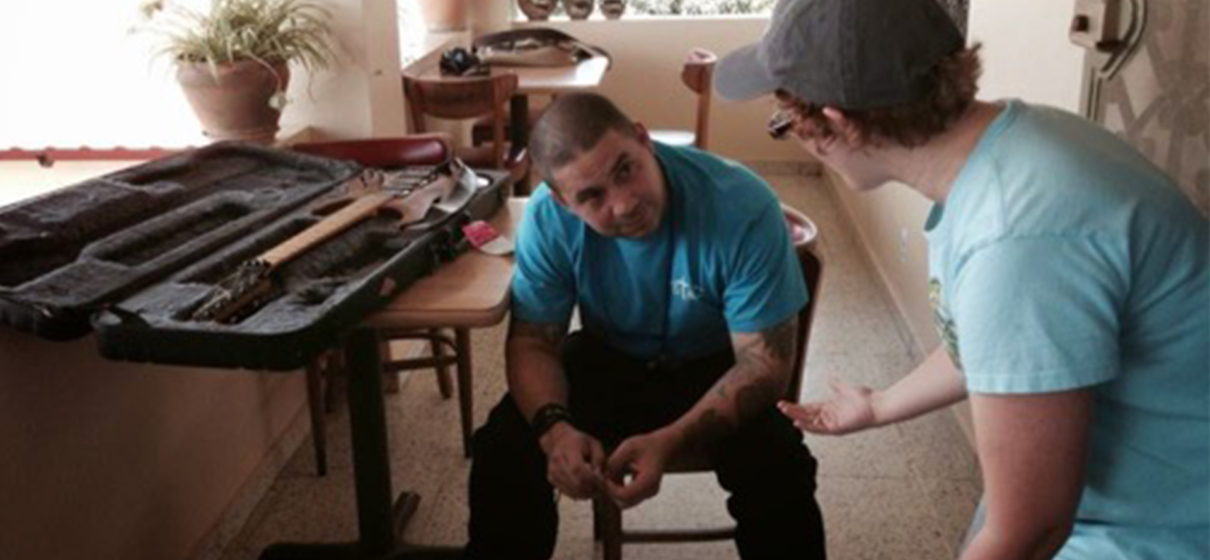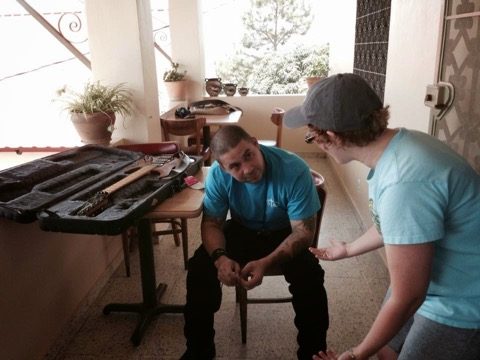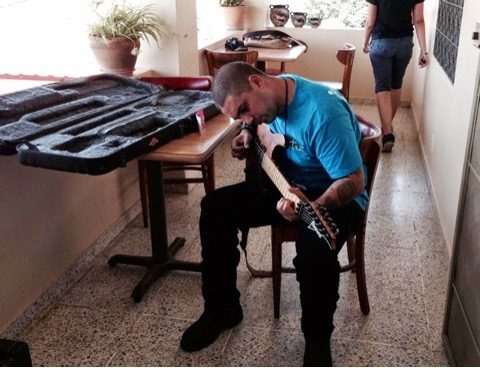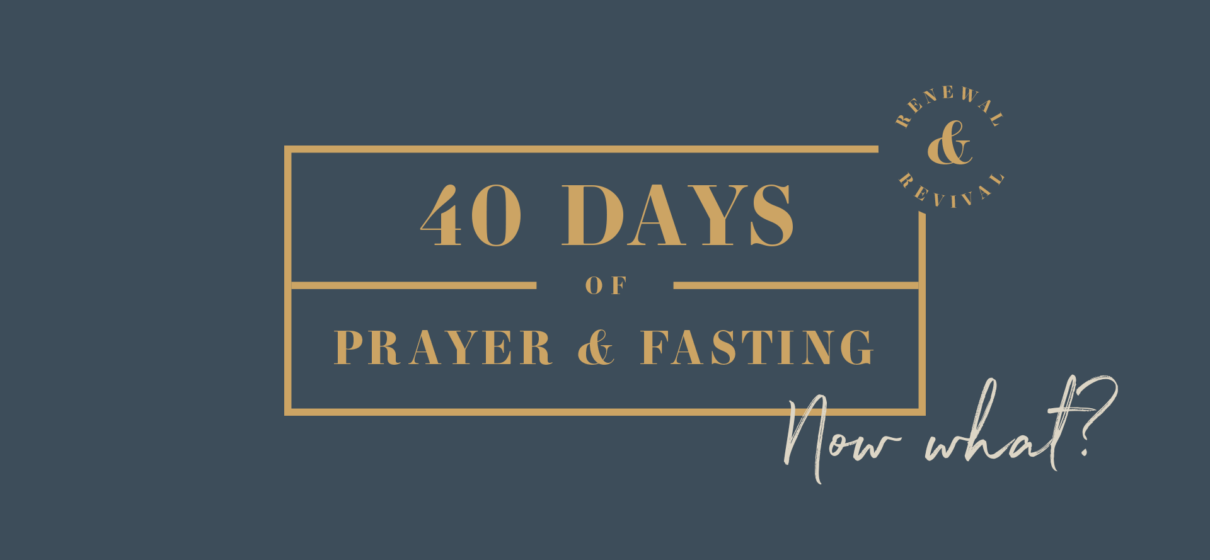Christmas Day Liturgy
OPENING PRAYER
God of Wonder and Unexpected Grace,
We have come to bear witness to a miracle;
to prepare our hearts for the dawn of the True Light;
We have come once again to open our hearts to the divine birth of the One who became flesh and dwelt among us.
In this sacred moment we ask for your glorious presence to captivate us.
For Jesus’ sake. Amen.
SCRIPTURE READING
John 1:1-17
1 In the beginning was the Word, and the Word was with God, and the Word was God. 2 He was in the beginning with God. 3 All things were made through him, and without him was not any thing made that was made. 4 In him was life, and the life was the light of men. 5 The light shines in the darkness, and the darkness has not overcome it.
6 There was a man sent from God, whose name was John. 7 He came as a witness, to bear witness about the light, that all might believe through him. 8 He was not the light, but came to bear witness about the light.
9 The true light, which gives light to everyone, was coming into the world. 10 He was in the world, and the world was made through him, yet the world did not know him. 11 He came to his own, and his own people did not receive him. 12 But to all who did receive him, who believed in his name, he gave the right to become children of God, 13 who were born, not of blood nor of the will of the flesh nor of the will of man, but of God.
14 And the Word became flesh and dwelt among us, and we have seen his glory, glory as of the only Son from the Father, full of grace and truth. 15 (John bore witness about him, and cried out, “This was he of whom I said, ‘He who comes after me ranks before me, because he was before me.’”) 16 For from his fullness we have all received, grace upon grace. 17 For the law was given through Moses; grace and truth came through Jesus Christ.
CHILDREN’S BIBLE READING (OPTIONAL)
Jesus Storybook Bible, “Heaven Breaks Through” (pages 200-207)
RESPONSE
Leader: Today we join with the angels in heaven, the shepherds in the fields, the wise men from the east, and the millions of faithful followers across the globe to come and adore him — Christ the Lord — the True Light which came into the world.
With gladness we bow our hearts to the only Son from the Father, full of grace and truth.
People: We rejoice exceedingly with great joy.
In the advent of Christ we find hope, love, joy, and peace.
From his fullness we have all received, grace upon grace.
Christ was born,
so we might have life;
Christ died,
so we might have forgiveness;
Christ was raised,
so we might have resurrection;
Christ will come again,
so we might have eternal life with him.
PRAYER
CHILDREN’S PRAYER
Jesus, thank you for forgiving us and for coming to save us. Help me to tell my friends how much you love us.
ADULT’S PRAYER
Father, we know we do not deserve the gift of your love and forgiveness,
but you give freely.
May we receive it with thankfulness and affection for you.
Thank you for your mercy and the glorious gift of your grace.
Help us live in a way that celebrates your goodness and shines your light to the world.
May the grace of the Lord Jesus Christ,
the Love of God,
and the fellowship of the Holy Spirit
be with us all now and forever. Amen.












